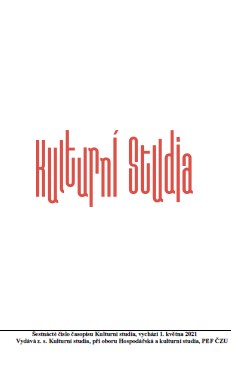The Kurds and World War II: Some Considerations for a Social History Perspective
The Kurds and World War II: Some Considerations for a Social History Perspective
Author(s): Jordi TejelSubject(s): Military history, Social history, WW II and following years (1940 - 1949), Migration Studies, Ethnic Minorities Studies, Socio-Economic Research, Peace and Conflict Studies
Published by: Kulturní studia
Keywords: Borderlands; Contraband; Borders; Kurds; WWII; Periphery;
Summary/Abstract: Scholars generally argue that during the Second World War the Middle East, and the Kurdish areas in particular, was a peripheral theatre of an otherwise global war. While this is largely true, it seems necessary to introduce some nuances into this analysis. A view from the borderlands, combined with a socio-historical approach to how the war was experienced on a daily basis behind the front line, reveals that military tensions, large-scale arms smuggling, inflation, food shortages and economic migration were common features in the Kurdish borderlands between 1941 and 1945. Furthermore, looking at the uneventful can help us to better understand the context in which the Kurdish nationalist movement developed during the war and in the immediate post-war years.
Journal: Kulturní studia
- Issue Year: 21/2023
- Issue No: 2
- Page Range: 3-17
- Page Count: 15
- Language: English

